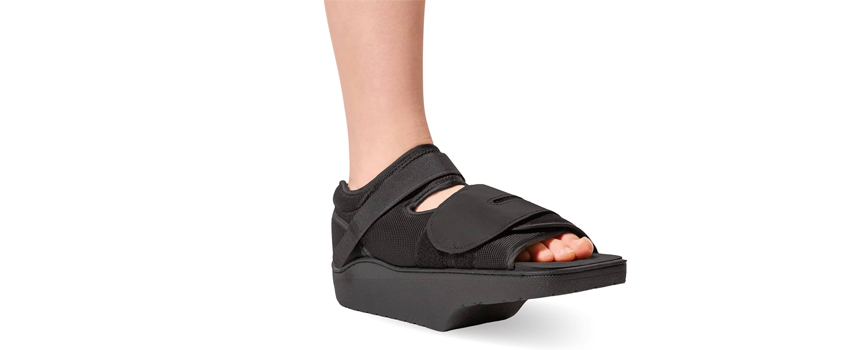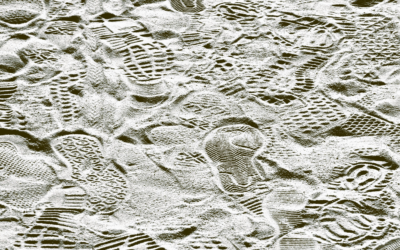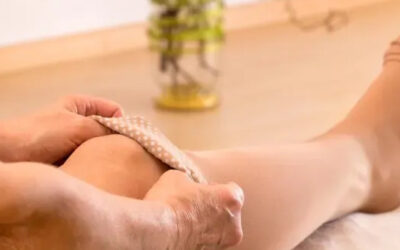Every 30 seconds around the world, there is an amputation of the lower limb due to diabetic foot ulcers. This staggering report by the American Diabetes Association underscores how proper wound care, particularly offloading is essential to keep most complications at bay.
Offloading refers to the alleviation or reduction of pressure on the affected foot. It is an essential part of the treatment and medical process because failure to do so could cause the worsening of wounds, resulting in different types of infections.
What is Offloading?
Offloading involves removing pressure from the foot to allow wounds to heal. Offloading techniques include using special shoes, casts or even devices like wheelchairs.

Studies have shown that effective offloading reduces the risk of complications in foot wounds. According to one study listed in NCBI, 85% of all diabetic foot ulcers (DFUs) are caused by excessive pressure on the foot. This position offloading as a priority in wound care for many patients.
How Offloading Helps Heal Wounds
Offloading relieves pressure from those areas most likely to get wounded and allows the tissue to heal without further stress and strain. In addition, it minimizes inflammation, which in turn can accelerate the healing process.
The Journal of Foot and Ankle Research documented that there is at least a 40% increased healing rate in patients who received appropriate offloading protocols compared to those who did not receive proper offloading care. This is all because the pressure is clearly relieved in such cases of foot wounds.

Different Methods of Offloading
Depending on the severity of a wound, there are various ways to offload a foot. Minor wounds that are not as serious may only require some special shoes or orthotics. More severe wounds could call for the use of a cast or Total Contact Casting. These methods allow the patient to ambulate without putting too much pressure on the wound.
TCC remains one of the most effective offloading techniques, having a high success rate in healing diabetic foot ulcers. These methods ensure the wound is protected against further injury while recuperating.
Why is Offloading Essential for Diabetic Patients?
For diabetic patients, the need to offload becomes even more urgent. Diabetes can cause nerve damage that reduces the patient’s capability to feel whether or not an injury has occurred to their feet. Sometimes, just because a wound was left unnoticed, it can become infected or worse. Offloading alone makes sure that the wound can heal without extra pressure.
A report in the JAMA patient page estimates that 1 in 6 diabetic patients get a foot ulcer in their lifetime. With appropriate offloading techniques, there is a significant reduction in the risks of ulcers and infections.

Everything in wound care is about getting the best care by specialist care. Washington Vascular Specialists offers advanced foot wound care and advanced surgeries that reduce the risk of amputation. We employ the latest medical care technologies to ensure speedy recovery and reduce the risk of complications.
Trust Washington Vascular Specialists for the best foot wound care. If you or your loved one is struggling with a foot ulcer then you should not wait. Early intervention can prevent long term damage. Contact us or set an appointment!



